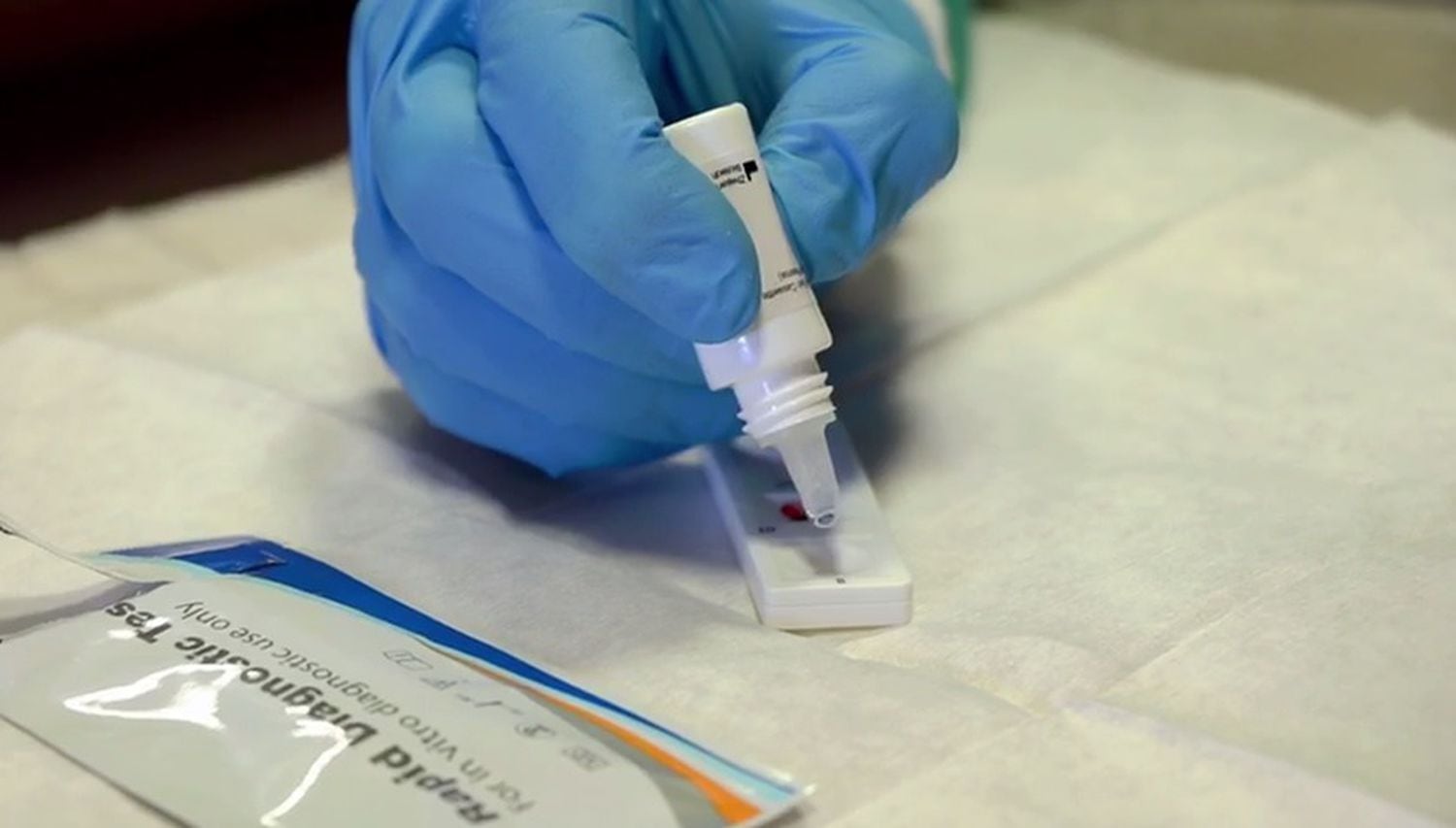Spain sees new grim record of daily coronavirus deaths, with 950 victims in just 24 hours Total fatalities in the country since the outbreak began now exceed 10,000, with confirmed cases breaking the 110,000 mark
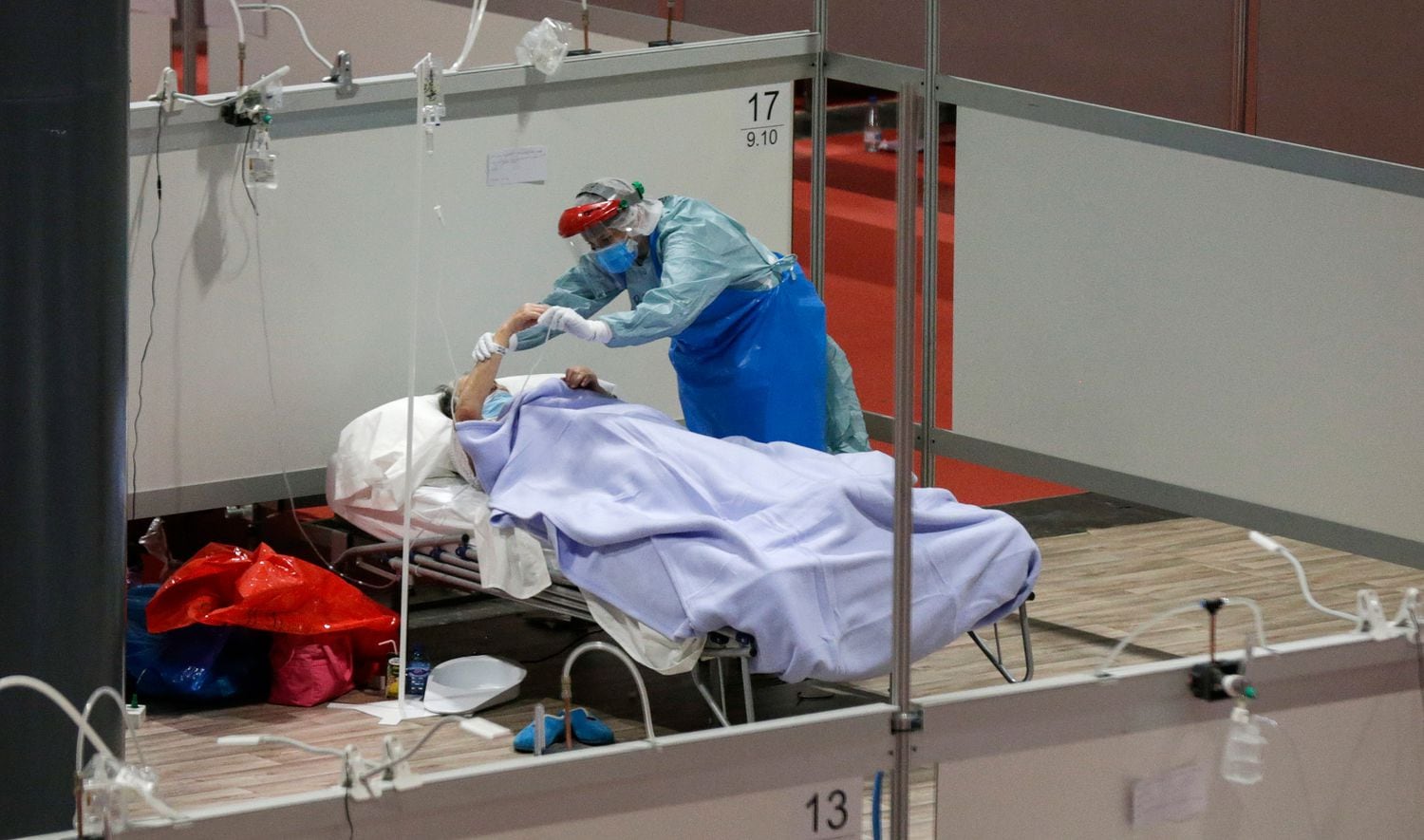
For the sixth day in a row, the number of coronavirus deaths in a 24-hour period in Spain was above 800, taking the total number of fatalities from the Covid-19 disease in excess of 10,000. That’s according to official figures supplied by the Health Ministry at midday Thursday.
Spain set another new grim record today, with 950 coronavirus deaths in the space of just a day. The total fatalities across the country now stand at 10,003. In the same time period, 8,102 infections were confirmed, taking the total to 110,238.
When we talk about deaths there is no good data, but the curve has stabilized and we are entering the deceleration phaseHEALTH MINISTER SALVADOR ILLA
On Wednesday, the total daily deaths came in at 864, with an increase of 7,719 new cases on the day before.
By Thursday, a total of 54,113 people in Spain had been hospitalized, while 26,743 had recovered and had been discharged from hospital since the coronavirus outbreak began.
Shortly after the figures were released on Thursday, Health Minister Salvador Illa began his appearance at a congressional commission to provide updated information on the government’s work to combat the crisis. The session began with a moment of silence for the victims. “There have been 26,000 people who have recovered [from the coronavirus]” he explained. “With an 18% rise on yesterday. When we talk about deaths there is no good data, but the curve has stabilized and we are entering the deceleration phase.”
The minister also explained the reasoning behind the stricter confinement measures that were introduced on Monday in Spain, and which saw all non-essential activities suspended. “To avoid the [health] system losing the capability of absorbing new cases, we needed to reduce hospital admissions,” he said. “The most effective way was to limit all movement, apart from essential activities. Three days have passed since the measure went into force and the data is telling us that mobility is falling.”
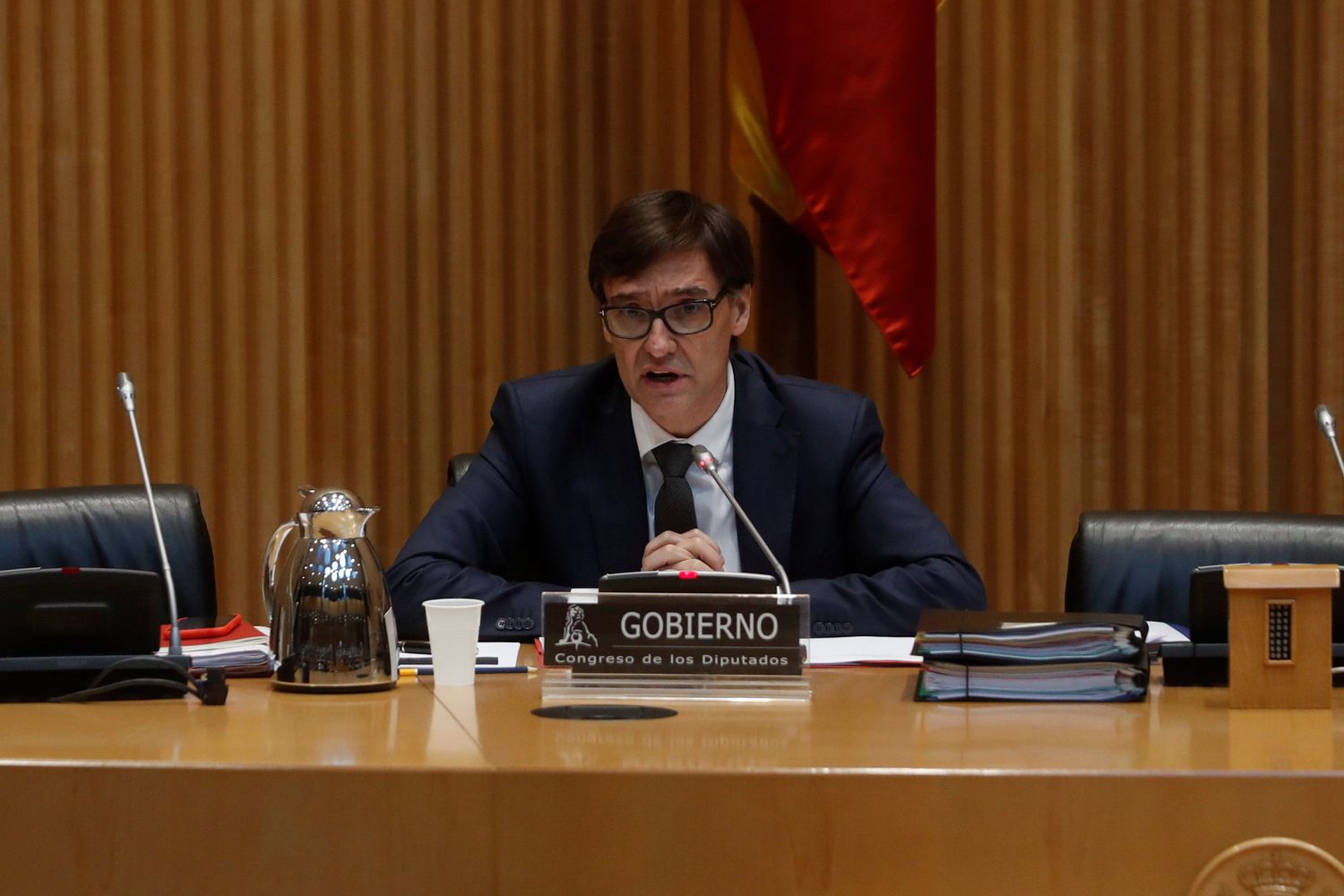
Illa also explained that 16 million masks had been distributed so far. “The government has mobilized all of its resources to ensure that we have all the necessary material,” he said. “As well as purchases, we have also worked to increase national production of key products. The results are bearing fruit.”
He added that car manufacturer Seat would today start to produce respirators. “Spain is going to ensure the production of as many as 400 assisted-breathing devices every day,” he said.
“There are still tough weeks to come,” the minister continued. “But between all of us we are managing it. We are responding with strength, in a coordinated manner and with solidarity. Our health system is also up to the task. We are also working so that the social safety net is up to the task. Health comes before the economy. For the economy to be the priority once more, the priority today must be health.”
Speaking at the daily government press conference on the coronavirus crisis, María José Sierra, from the Health Ministry’s Coordination Center for Health Alerts, discussed the latest statistics from the fight against the disease. “We still have an 8% rise in infections, which points to a stabilization,” she said. “The occupation of intensive care units is still critical in some regions,” she added, explaining that this was because patients were requiring long periods of care there.
National Police death
On Wednesday, an officer from the National Police became the first among his ranks to die from the coronavirus. The man had spent 23 years in a riot police unit in Barcelona, and had also briefly served in Seville. The force conveyed its sympathies via Twitter, sending condolences to the officer’s family and friends.
Speaking at Thursday’s press conference, Miguel Ángel Villarroya, the defense chief of staff, said that 230 members of the armed forces had so far contracted the coronavirus.
Toll on pharmacists
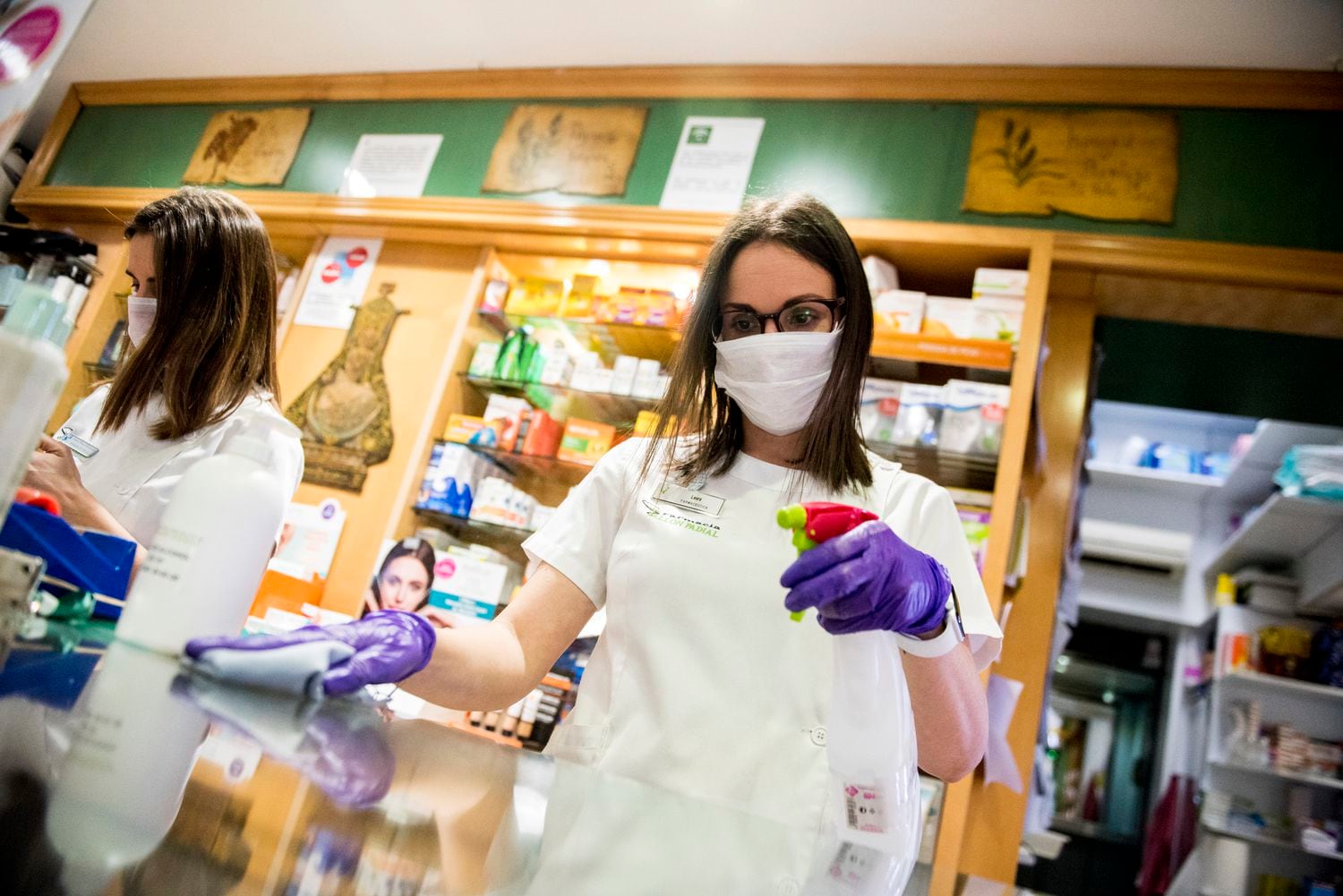 A pharmacist disinfects a counter in Granada.CARLOS GIL PÉREZ / GETTY IMAGES
A pharmacist disinfects a counter in Granada.CARLOS GIL PÉREZ / GETTY IMAGES
Yesterday it emerged that eight pharmacists have so far died from the coronavirus in Spain, and 270 are currently in hospital or in quarantine. According to the Spanish General Council of Pharmacists, a total of 57 pharmacies have been forced to close their doors since the crisis began.
The council has called on staff to take “extreme precautions” while they are working, and reminded the general public to respect the advice of pharmacists, respecting safe distances when inside pharmacies, and only making visits when it is strictly necessary.
Repatriations
More than 700 Spaniards have been repatriated from Peru after being left stranded in the South American country due to an obligatory quarantine and the closure of the borders by the Peruvian government. Until now, former Spanish flag carrier Iberia has organized three flights from the Peruvian capital of Lima to Madrid, the last of which arrived on Wednesday. However, there are still around 700 Spaniards still in Peru, most of whom saw their flights canceled when the borders were closed. According to data from the Spanish consulate, a total of 1,469 Spaniards had requested repatriation.
Meanwhile, the Spanish government is preparing to send a plane to India to repatriate tourists from Spain who are stuck in the country. The Spanish embassy in New Delhi calculates that there are around 200 Spaniards trying to get home from the Asian country.
Spanish embassies and consulates are estimated to have already helped around 18,000 Spaniards get home from various parts of the world since the coronavirus crisis began.
Cellphone tracking
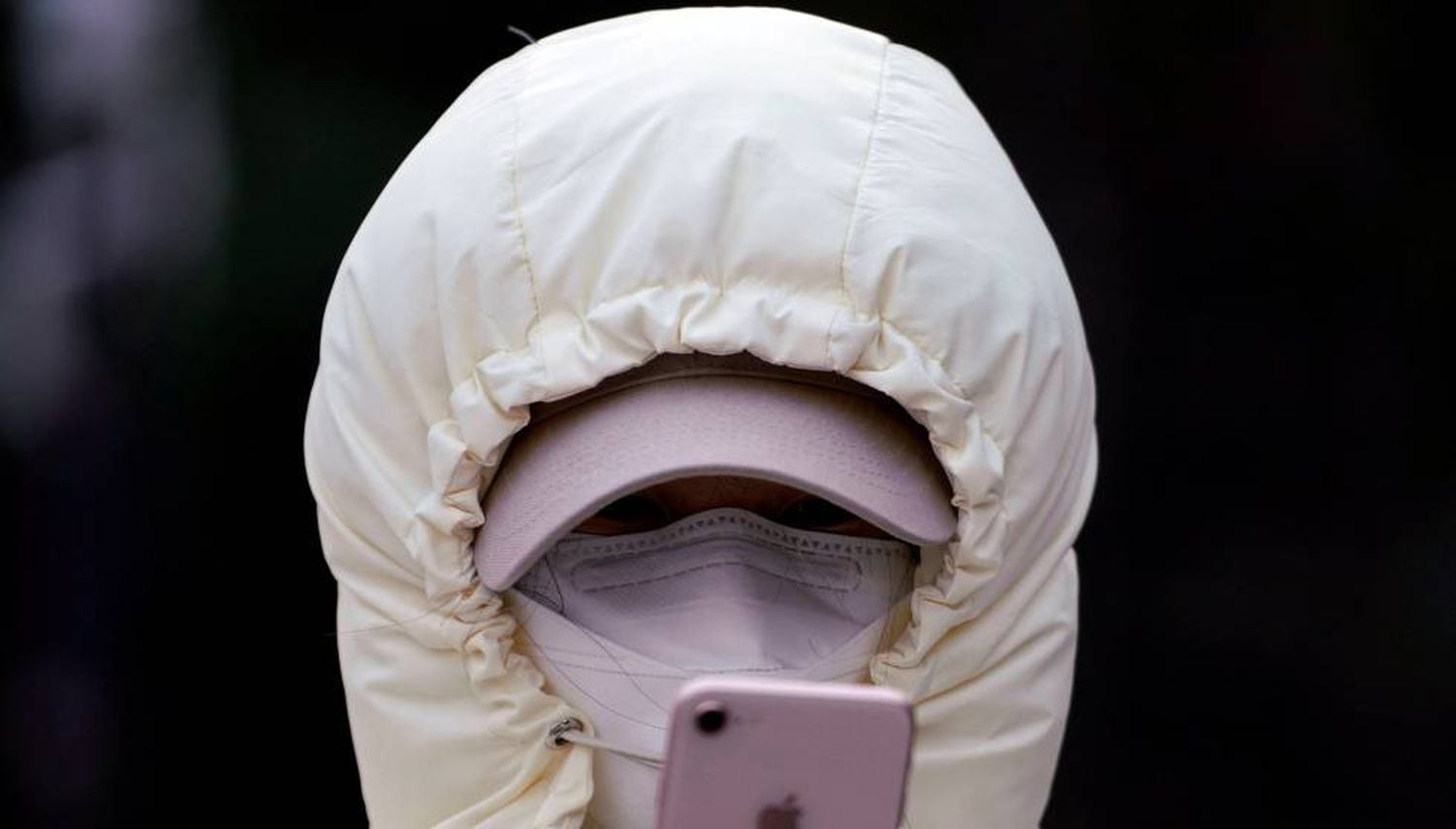
More than 40 million cellphones in Spain will be tracked as part of an anonymous study, allowing the authorities to follow the movements of the population between the country’s regions and helping decisions be made to deal with the coronavirus outbreak. That’s according to a statement released on Wednesday by the secretary of state for digitalization and artificial intelligence.
The study will analyze “anonymous and aggregated” data of Spanish residents’ movements while the health emergency continues, until normality returns. The reporting will not include personal data and will not be able to be used by the police while the confinement measures are in place.
Situation in Catalonia
Catalan premier Quim Torra warned on Thursday that the region may need to remain under lockdown after April 12, when the emergency measures are set to come to an end. In an interview with the radio network SER Catalunya, Torra said the stay-at-home orders will remain in place “until experts say they are not necessary.” The regional health chief Alba Vergés also said that “some type of confinement” will continue after Easter. In an interview with Catalunya Ràdio, Vergés added that intensive care units in the region were at their limit, despite “tripling capacity.”
Meanwhile in Barcelona, an army plane on Thursday delivered 12 tons of personal protective equipment that is destined for those working in essential municipal services, such as firefighters and police officers. According to the deputy mayor, Jaume Collboni, the shipment cost €500,000 and includes 600,000 face masks, 9,600 caps and 10,000 protective glasses.
The delivery comes as Barcelona Mayor Ada Colau warned that 70% of senior homes in the city could have been hit by the coronavirus.
Problems with new tests
